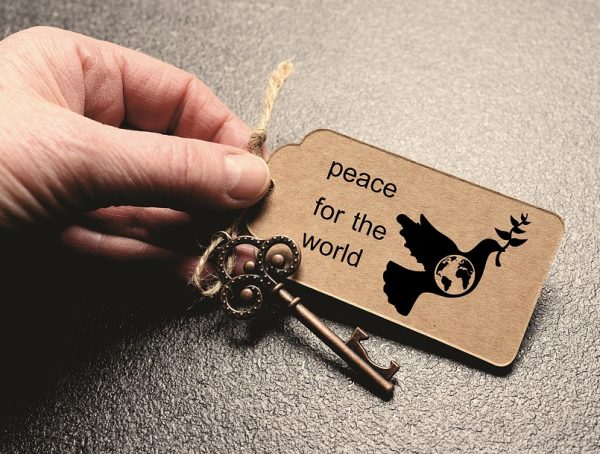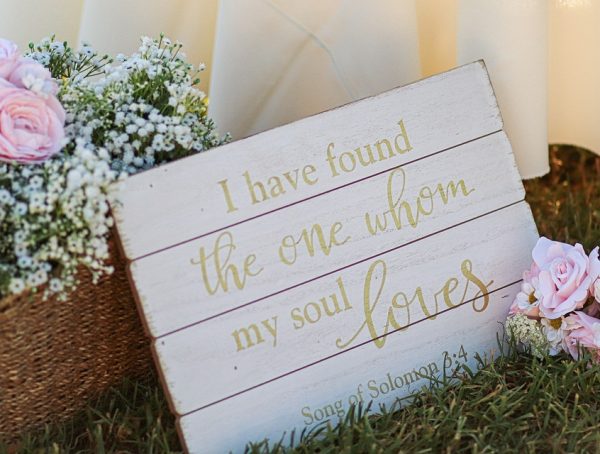Inner Peace and Emotional Intelligence: How They Connect
In today’s fast-paced world, where external chaos often seeps into our internal landscape, the quest for inner peace has become more relevant than ever. This state of tranquility is not merely the absence of conflict but rather an active alignment with our inner selves, an understanding of our emotions, and a balanced approach to life’s challenges. At the intersection of this pursuit lies a profound relationship with Emotional Intelligence (EI), a crucial skill that can not only enhance our interpersonal connections but also foster a deep sense of inner peace.
Understanding Inner Peace
Inner peace can be defined as a mental and emotional state of calmness, with the absence of anxiety and stress. It is characterized by a feeling of contentment, even amidst external chaos and challenges. Achieving inner peace requires self-awareness, control over one’s emotions, and the ability to remain centered despite life’s disturbances. It’s a place of acceptance and serenity—a sanctuary built within yourself.
The Role of Emotional Intelligence
Emotional Intelligence, on the other hand, refers to the capacity to recognize, understand, and manage our own emotions, as well as to recognize and influence the emotions of others. Studies suggest that individuals with high Emotional Intelligence tend to have better relationships, experience less conflict, and exhibit greater resilience in the face of adversity. At its core, EI comprises five main components: self-awareness, self-regulation, motivation, empathy, and social skills.
The Connection Between Inner Peace and Emotional Intelligence
-
Self-Awareness: The journey to inner peace starts with understanding ourselves. Self-awareness—the ability to listen to your thoughts and recognize your feelings—allows us to confront what disturbs our inner tranquility. This acknowledgment of our emotional state can shed light on the patterns that disrupt our peace. By recognizing triggers that lead to stress or anxiety, we can make conscious decisions on how to respond.
-
Self-Regulation: With awareness comes the necessity of self-regulation—the ability to manage our emotions and adapt to changing circumstances. Developing self-regulation fosters resilience, allowing us to choose peace over chaos, calm over anger. For instance, instead of reacting impulsively to frustration, an emotionally intelligent person can pause, take a breath, and respond thoughtfully. This regulation helps to create mental space, paving the way for inner peace.
-
Empathy: Emotional Intelligence also emphasizes the importance of empathy—the ability to understand the emotions of others. When we cultivate empathy, we foster deeper connections with those around us. This understanding promotes harmonious relationships, reducing conflict and enhancing our sense of community and belonging, which is foundational to inner peace.
-
Social Skills: Strong social skills stemming from high Emotional Intelligence can lead to improved relationships and reduced interpersonal conflict. Engaging in positive social interactions promotes a supportive environment, which contributes to overall peace of mind. When we interact with others positively, we not only enrich our lives but also create networks that offer support during challenging times.
- Motivation: Lastly, a high level of motivation—another core element of Emotional Intelligence—fuels our pursuit of inner peace. When we are motivated to improve our emotional well-being, we become proactive in adopting strategies that contribute to peace, such as mindfulness practices, meditation, or stress management techniques.
Action Steps Towards Inner Peace Through Emotional Intelligence
If you seek to cultivate inner peace alongside enhancing your Emotional Intelligence, consider these actionable steps:
-
Practice Mindfulness: Engage in daily mindfulness exercises. This could include meditation, deep breathing, or simply taking a moment to appreciate your surroundings. Mindfulness practices promote self-awareness and help you reconnect with your emotions.
-
Journaling: Keep a journal to document your feelings. This activity improves your self-awareness, allowing you to recognize patterns in your emotions and responses. With time, you’ll better understand what triggers your peace and what disrupts it.
-
Seek Feedback: Ask trusted friends or family to provide their perspectives on your emotional reactions. Feedback helps build empathy and enhances your social skills, strengthening your ability to relate to others.
-
Pause Before Reacting: Undo the habit of immediate reactions. Take a moment to think about how your response might affect your emotional state and the state of others. This practice encourages self-regulation.
-
Set Boundaries: Identify situations and relationships that drain your emotional energy. Setting healthy boundaries can enhance your inner peace and provide you with the space needed for emotional growth.
-
Explore Empathy: Engage in conversations with people from diverse backgrounds. Listen actively to their experiences and emotions. Cultivating empathy expands your understanding of others, creating a sense of shared humanity that contributes to your peace.
- Physical Wellness: Invest in your health. Regular exercise, balanced nutrition, and adequate sleep can significantly affect your emotional state, leading to enhanced emotional intelligence.
As we embrace the interconnectedness of inner peace and Emotional Intelligence, we learn that nurturing both is essential for healing ourselves and fostering better relationships with others. By actively engaging in self-discovery and emotional awareness, we can transform our internal landscape, ultimately leading to a more peaceful existence.
Final Inspiration
"Keep your face always toward the sunshine—and shadows will fall behind you." – Walt Whitman
If you enjoyed this content and would like more insights on personal growth and emotional well-being, consider following Kevin Steineman on Instagram @KSteineman for daily inspiration and practical tips!
You might also like
More from Mindfulness
Where Peace Resides: Nature Quotes for Stillness
Where Peace Resides: Nature Quotes for Stillness In a world of incessant noise and relentless activity, finding moments of tranquility can …
A Collection of 35 Short Peace Quotes for Everyday Life
A Collection of 35 Short Peace Quotes for Everyday Life In the hustle and bustle of modern life, it’s easy to …
30 Short Quotes That Will Bring You Inner Peace
30 Short Quotes That Will Bring You Inner Peace In the hustle and bustle of everyday life, finding inner peace can …

































